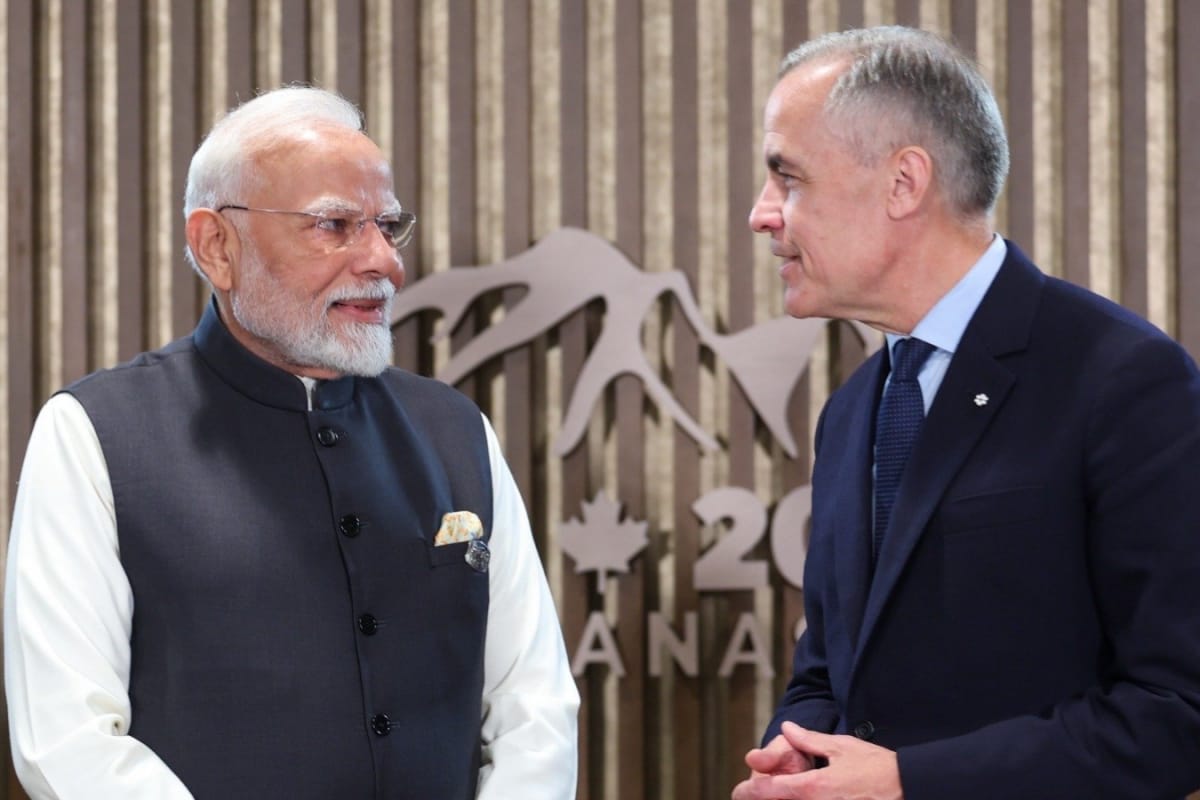

Prime Minister Narendra Modi's recent visit to Canada for the G7 Summit at Kananaskis was significant on multiple fronts, particularly in the context of strained relations between India and Canada following the killing of Hardeep Singh Nijjar in 2023. While the visit aimed to address crucial global issues and repair diplomatic ties, it also served as a platform to counter Khalistani propaganda, showcasing the effectiveness of diplomatic engagement over extremist narratives.
One of the key aspects of Modi's visit was the invitation extended by Canadian Prime Minister Mark Carney, signaling the new government's intent to mend relations with India. Ties had plummeted after Ottawa's attempts to link Indian officials to the Nijjar case, leading to diplomatic expulsions and a significant strain on bilateral relations. Carney's invitation was a clear step towards reconciliation, providing an opportunity for direct dialogue and engagement on various issues.
Despite this diplomatic thaw, Khalistani groups, led by Sikhs for Justice (SFJ) and its general counsel Gurpatwant Singh Pannun, planned protests during Modi's visit. These groups aimed to hold Modi accountable for Nijjar's assassination and alleged murder plots, urging G7 nations to demand answers. Pannun, a designated terrorist in India, accused Modi of exporting "transnational terrorism" and vowed to "ambush Modi's politics from landing to take-off."
However, these attempts to disrupt Modi's visit and amplify Khalistani propaganda largely fell flat. The diplomatic efforts and high-level engagements overshadowed the protests, demonstrating that constructive dialogue and international cooperation are more effective in addressing complex issues than extremist rhetoric. Modi's participation in the G7 Summit allowed him to engage with world leaders on pressing global challenges such as energy security, technology, and innovation, particularly the AI-energy nexus and quantum-related issues.
Furthermore, Modi held several bilateral meetings with leaders from Germany, Canada, Ukraine, and Italy, among others, focusing on strengthening relationships and addressing mutual concerns. These meetings provided a platform to discuss India's priorities and perspectives on global issues, reinforcing India's role on the international stage. Modi emphasized the importance of India-Canada relations, highlighting the significant investments by Canadian companies in India and the contributions of the Indian diaspora in Canada.
The visit also underscored India's commitment to democratic values and global cooperation. Modi highlighted India's role as the largest democratic country and its initiatives during its G20 presidency, emphasizing the country's willingness to contribute to global good. This proactive engagement in international forums and bilateral discussions helped to counter the negative narratives propagated by Khalistani groups, showcasing India's commitment to peace, stability, and development.
In conclusion, Prime Minister Modi's visit to Canada for the G7 Summit was a strategic success in multiple dimensions. While it aimed to address critical global issues and mend strained diplomatic ties, it also effectively countered Khalistani propaganda through constructive dialogue and high-level engagements. The visit underscored the importance of diplomacy in addressing complex issues and highlighted India's role as a responsible and influential global player. The attempts by extremist groups to disrupt the visit and amplify their narratives ultimately proved to be a flop show, demonstrating the power of diplomacy in trumping propaganda.